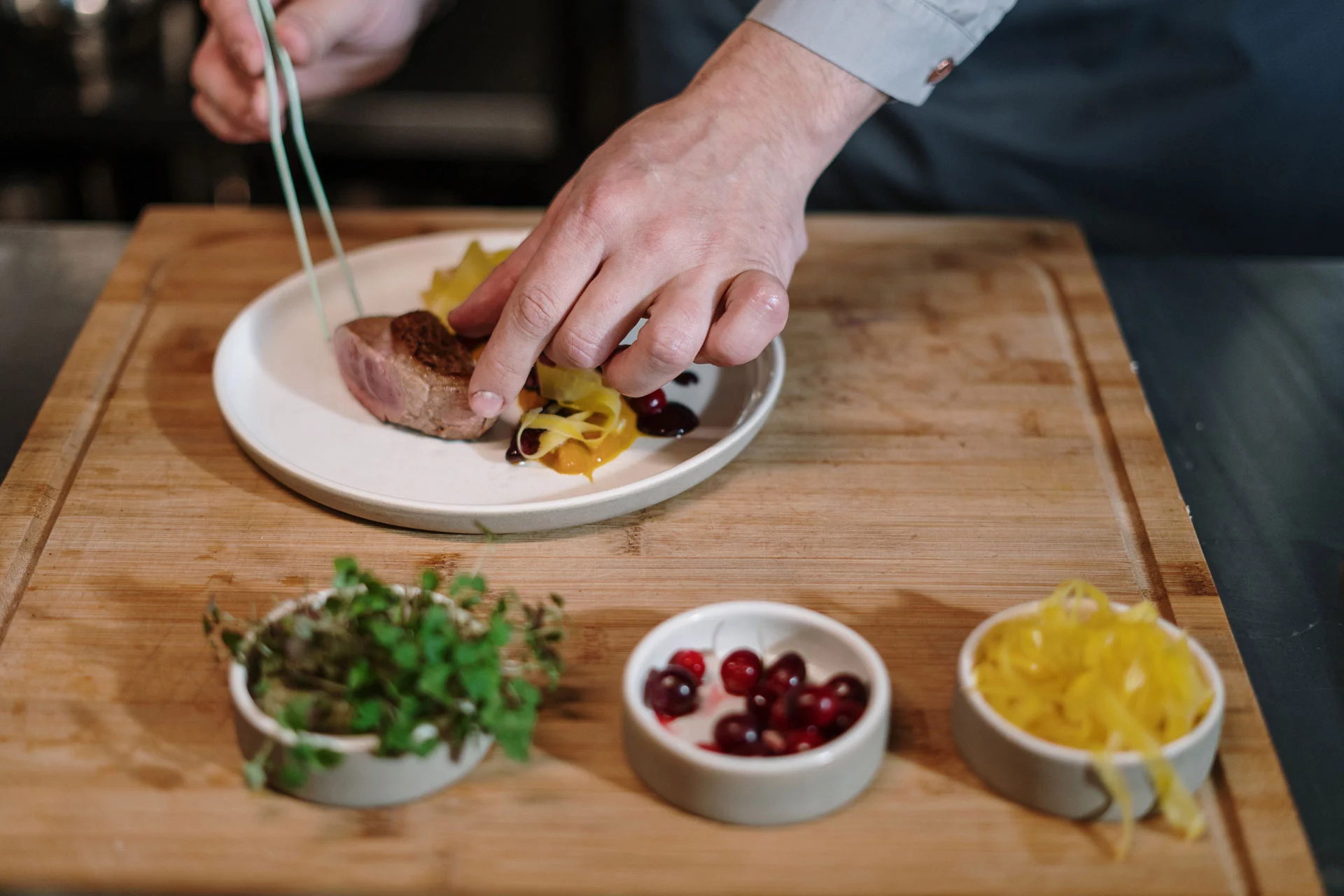What is Kosher?
THE BASICS OF KOSHER
A basic tenet of Jewish observance requires following dietary laws known as “keeping kosher.” Translated from Hebrew, “kosher” means “fitting” or “acceptable.” Food that conforms to Jewish dietary laws is considered kosher or proper for consumption.
In Jewish dietary laws, all foods fall into three categories: dairy, meat, or pareve (a food item that is non-dairy and non-meat). Dairy foods have milk or milk products, such as butter, cheese, or ice cream; meat foods contain meat or poultry products. Pareveitems are considered neutral foods, such as eggs, fruits, and vegetables.
Jewish law prohibits mixing meat and dairy products, while parevefoods can be mixed with either category.
Since kosher requires separating dairy and meat products, many kosher symbols specify whether an item is dairy, meat, or pareve.
Cleveland Kosher helps companies maintain kosher status by accurately assessing the ingredients, equipment, and processes involved in food production, enabling them to comply with kosher laws.

The Elements of Kosher Certification
The Elements of Kosher Certification
Kosher certification requires attention to the following components:

Ingredients
Many foods and ingredients are inherently kosher, such as fruits and vegetables. However, food may lose its kosher status when mixed with non-kosher food, such as pork. Derivatives of non-kosher foods such as glycerin, gelatin, castoreum, and civet would render them non-kosher. Cleveland Kosher assesses ingredient lists as part of the certification process and suggests kosher replacement options for food establishments to qualify for certification.

EQUIPMENT
Equipment used to process kosher foods must be made kosher. Equipment that was previously used for non-kosher products must undergo a unique sanitizing procedure before a company can use it to prepare kosher food.
Cleveland Kosher guides companies through the process of properly sanitizing their equipment to purge non-kosher elements from them.

PROCESS
The procedures in place at your facility may need modification to sustain kosher standards. These modifications are unique to the needs of your company.
Additionally, regularly monitoring the procedures within the company is essential for continuous kosher status.
A rabbinical coordinator from Cleveland Kosher will visit the facility regularly to observe, assist, and ensure that the highest kosher standard is maintained. The frequency of this follow-up is also uniquely suited to the needs of your company .